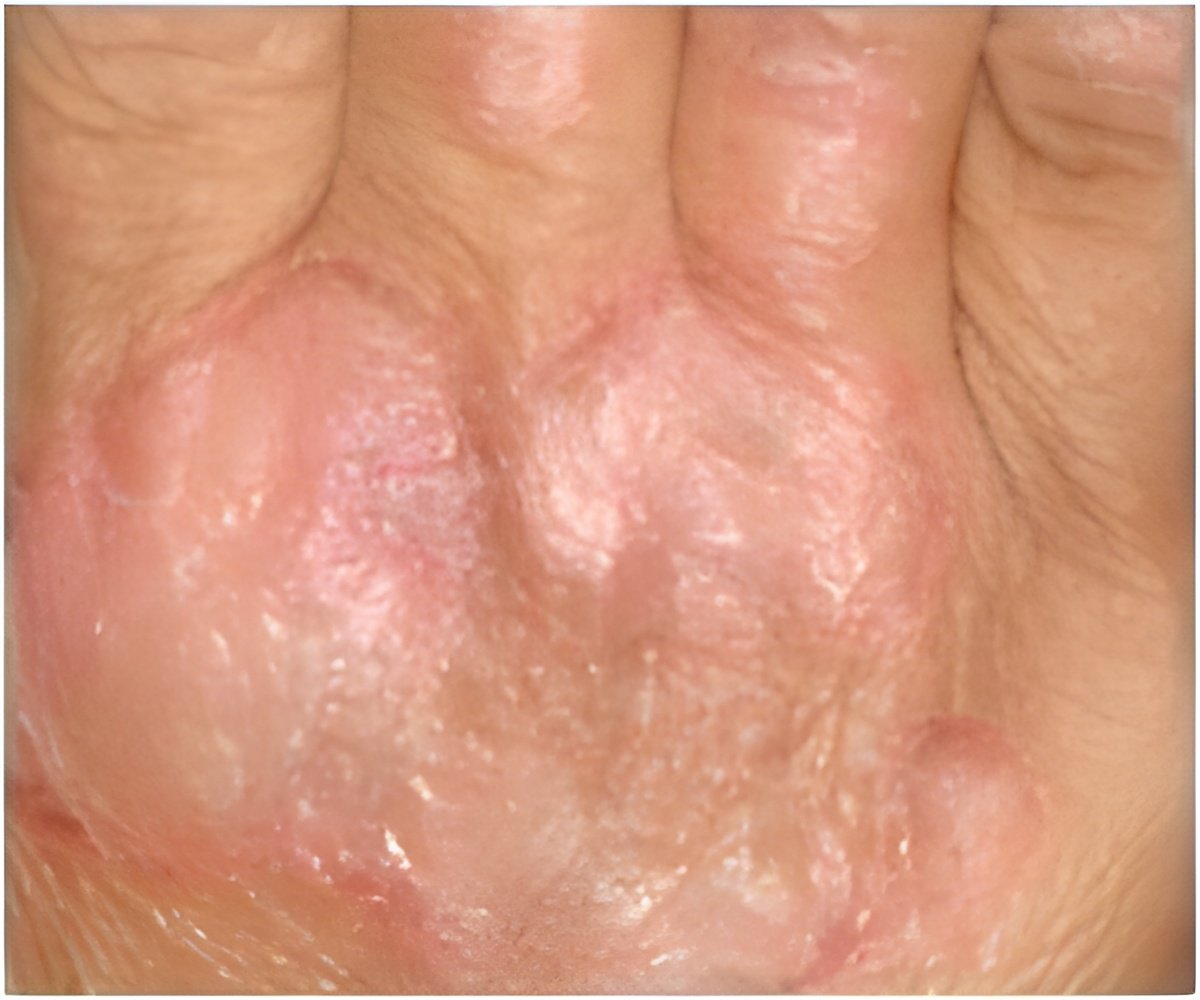A recent study depicted that it is possible to use a set of SNP data for psoriasis prediction.

For the study, a total of 2,798 samples and 451,724 SNPs were taken. The actual process for searching a set of SNPs which can predict the susceptibility for psoriasis consisted of two steps. The first one was to search top most 1,000 SNPs with high accuracy for prediction of psoriasis from GWAS dataset. The second one was to look for an optimal SNP subset for psoriasis prediction. The classical linear discriminant analysis(LDA) method was compared with sequential information bottleneck (sIB) for classification performance.
The best test harmonic mean of sensitivity and specificity for predicting psoriasis by sIB was 0.674(95% CI: 0.650-0.698), while only 0.520(95% CI: 0.472-0.524) was reported for predicting disease by LDA.
Study author Dr. Fnag concluded by saying that, “Our classification methods achieved high prediction accuracy in this study, determining the statistical significance of those models requires more cost-effective methods or efficient computing system, neither of which is available currently in our genome-wide study.”
Result of the study indicates that a small set of SNPs can predict disease status with average accuracy of 68% and makes it possible to use SNP data for psoriasis prediction.
Source-Medindia









